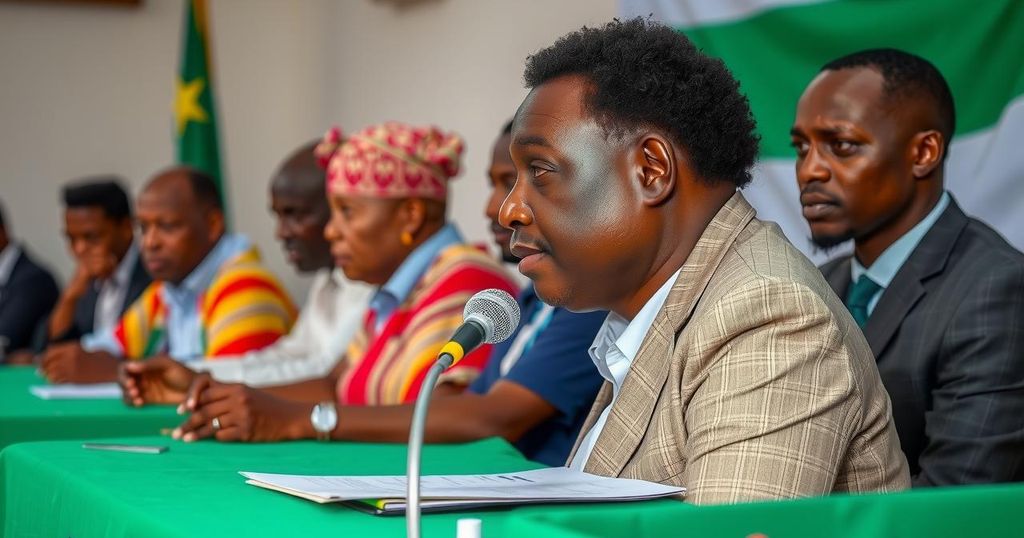Comoros held a parliamentary election on Sunday, boycotted by some opposition leaders citing authoritarianism under President Azali Assoumani and concerns about election integrity. Approximately 330,000 registered voters participated, but low turnout was anticipated due to dissatisfaction with the electoral process. Comoros has a history of political instability and allegations of electoral fraud, with Assoumani’s presidency characterized by repression and non-competitive elections.
Comoros conducted a parliamentary election on Sunday, amidst a boycott by several opposition factions who condemned President Azali Assoumani’s increasingly authoritarian tendencies and expressed doubts regarding the election’s fairness. The vote was organized to fill 33 legislative seats, with an expectation of announcing results next week. Approximately 330,000 out of 850,000 residents are registered voters, although opposition representatives have predicted low participation due to widespread disillusionment with the electoral process.
In the previous parliamentary election in 2020, Assoumani’s party secured 20 of the 24 available seats, a result criticized by opposition leaders as being illegitimate. The Juwa Party, associated with former President Ahmed Abdallah Sambi, was among those abstaining from the vote, having also boycotted the earlier election. Assoumani, who first seized power in a coup in 1999, has faced allegations of electoral fraud, with tumultuous protests marking recent elections.
Comoros, an archipelago near Madagascar, has struggled with continuous military coups since its independence from France in 1975. Assoumani has remained president since winning another term in 2016, having altered constitutional provisions to evade term limits. The Africa Center for Strategic Studies has pointed out that his administration is characterized by significant political repression and non-competitive electoral practices. Despite the threat of Tropical Cyclone Dikeledi, officials proceeded with the voting process.
The ongoing political climate in Comoros is marked by instability and discontent among opposition groups. The governance of President Azali Assoumani, initially acquired through military force, has been criticized for adopting increasingly authoritarian measures and curtailing democratic processes. The dissatisfaction has been palpable since the controversial elections of 2020 and 2022, which have escalated tensions in the nation. Comoros has a history of military coups and political upheaval, leading to a frail democratic structure that continues to struggle against the backdrop of human rights concerns. The current parliamentary election takes place within this context, reflecting broader issues of governance, election integrity, and the rights of citizens. Assoumani’s administration has been highlighted by international observers as lacking the competitiveness and transparency necessary for a thriving democracy.
In summary, Comoros’ recent parliamentary election was marked by notable opposition boycotts, highlighting the ongoing contention surrounding President Azali Assoumani’s administration. With a fraught history of military influence and electoral manipulation, significant questions have arisen regarding the legitimacy of the electoral process. As the nation navigates potential natural challenges and political unrest, the prospect for genuine democratic reform remains uncertain.
Original Source: abcnews.go.com






